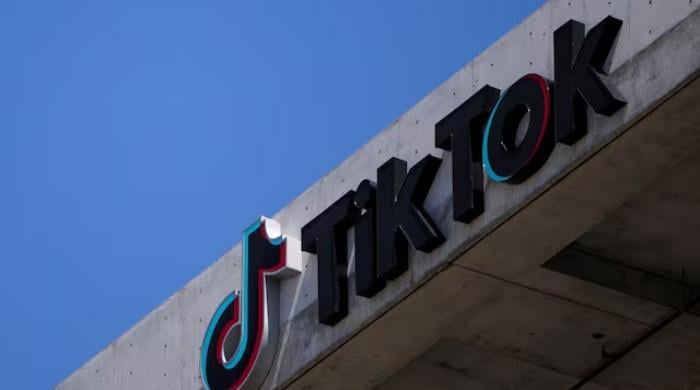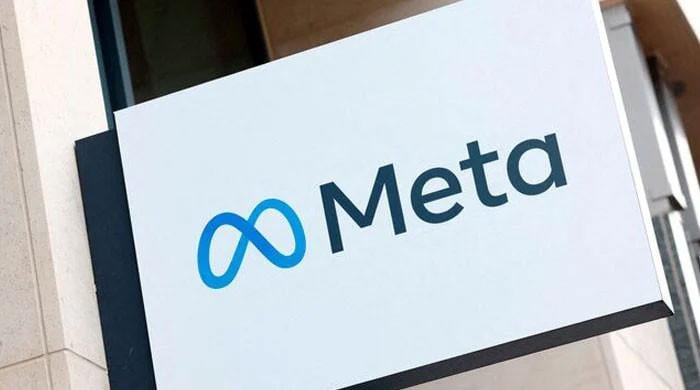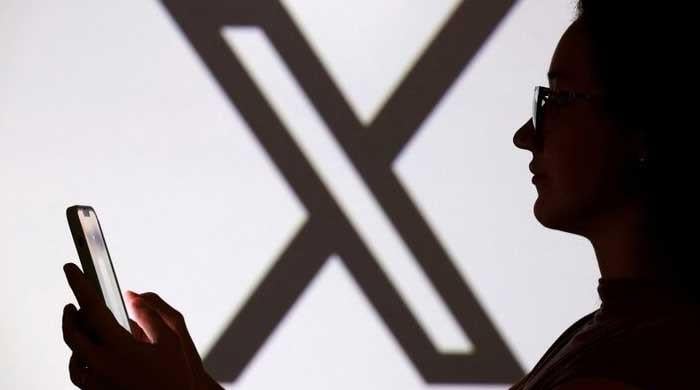Apple warns iPhone users in 98 countries of being at risk of spyware attacks
What steps does phone-making giant suggest you may take amid alarming uptick in phishing cyberattacks?
July 12, 2024

Tech giant Apple has issued a new guidance for iPhone users to stay vigilant of hackers as it warns of an uptick in phishing attacks by hackers.
This guidance comes as the phone-making giant warns of a significant uptick in hackers using sophisticated tactics to dupe individuals, especially the elderly, into disclosing personal information.
These scams typically manifest as fake emails imitating legitimate companies, deceptive pop-up ads, and convincing phone calls, a practice known as "spoofing", the New York Post reported.
This method often involves calls from seemingly genuine phone numbers, falsely claiming urgent issues such as a compromised iCloud account, Apple warned.
"Scammers use fake Caller ID info to spoof phone numbers of companies like Apple and often claim that there's suspicious activity on your account or device to get your attention," Apple stated in the new memo.
"Or they may use flattery or threats to pressure you into giving them information, money, and even Apple gift cards."
AI has made fake voices far more believable, causing a rise in voice scams with perpetrators posing as family members.
How to prevent such cyberattacks?
Apple advises users to be cautious of giveaways that lack proper sender information, such as uniform resource locator (URL) links not matching a company's site, messages that don't match previous correspondence and requests for sensitive information like credit card or password.
The tech giant also reminded users that it's critical to never share personal information like passwords and not enter them into a webpage a suspicious figure has instructed you to follow.
Users may also use two-factor authentication which prompts a second account or device to verify a login.
Additionally, Apple advises avoiding making payments with Apple gift cards, and being cautious about downloading software, calendar invites, and opening popups.
Originally published in The News









